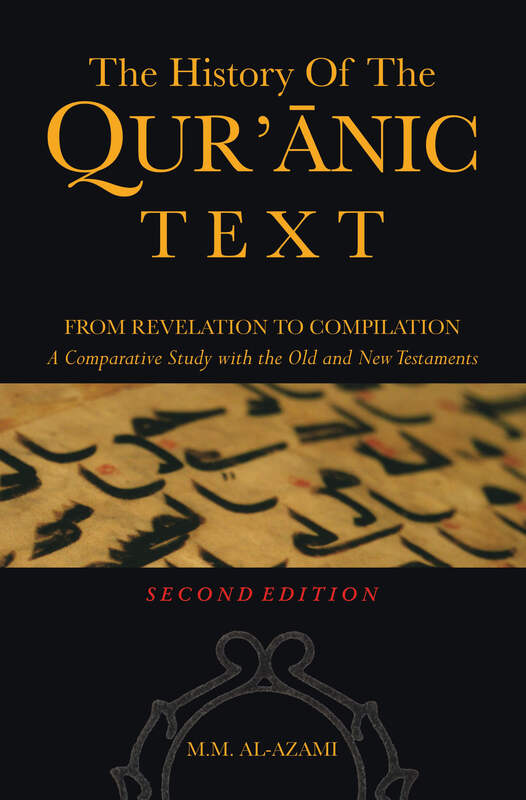Book Review: Muhammad Mustafa al-Azami: The History of the Qurʾanic Text from Revelation to Compilation: A Comparative Study with the Old and New TestamentsHow do we know that the Qurʾan revered and recited by Muslims around the globe is the same one that the Prophet Muḥammad, peace be upon him, recited to his companions? Can it be that the Book considered by more than a billion people to be the literal word of Allah has been tampered with? It is primarily in answer to this question that Muhammad Mustafa al-Azami first published this monumental work in 2003, now released in its second edition and bearing a handsome new cover.
|
Zacharia al-Khatib |
|
© Center for Islamic Sciences. All Rights Reserved.
Designed and Developed by Crescent Marketing Solutions |


